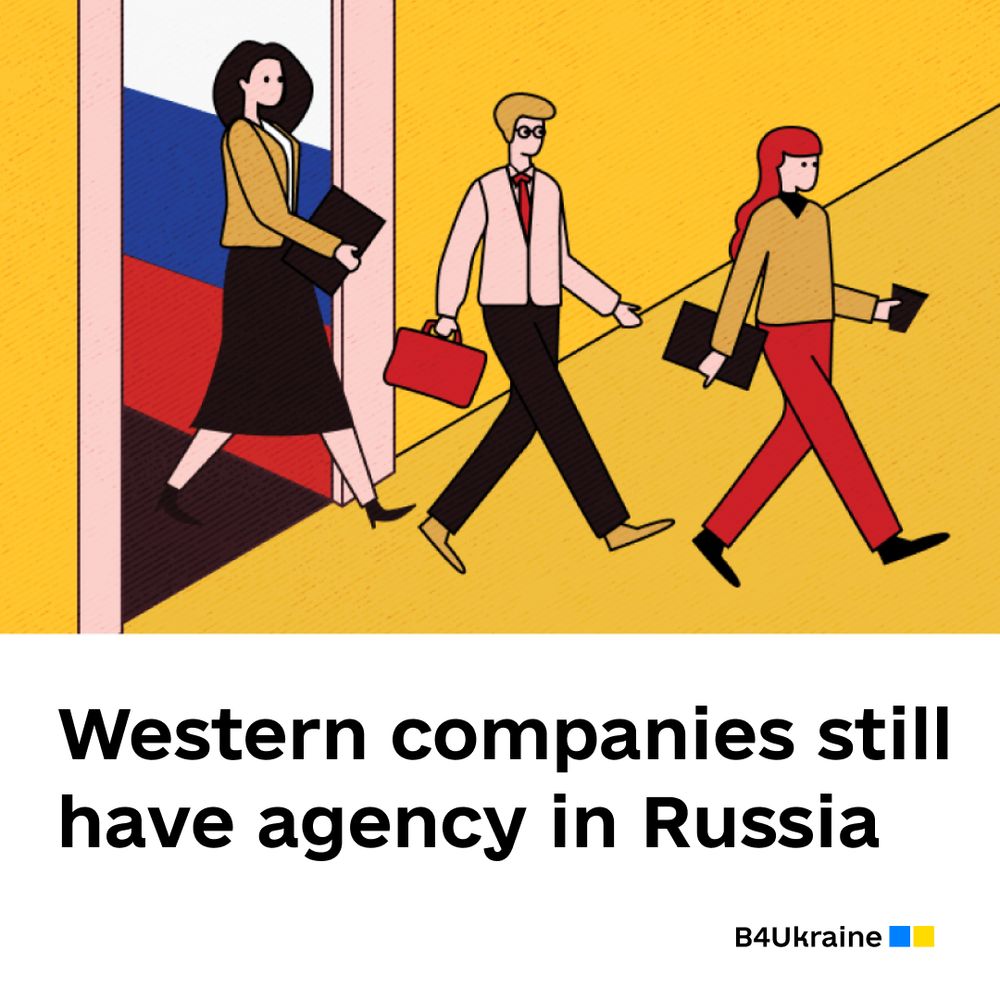
A recent New York Times article titled How Putin Turned a Western Boycott into a Bonanza paints a strong picture of the Kremlin’s assault on business and investor rights for those companies trying to exit Russia. Unfortunately, it also further propels the existing media narrative that western companies are the victims of the Kremlin-style asset grabs. This is too simplistic: it completely ignores company obligations to respect and protect human rights and strips the companies of any agency.
While it is true that the Kremlin has subverted the rules governing business exits to shore up finances and political support in the short term, in doing so it has broken every single investor law out there. With the most recent expropriations of assets from Danone and Carlsberg, Russia will forego western investments and credits for the foreseeable future. Kremlin-style ‘waronomics’ only gives a very temporary and artificial boost. Putin’s policies now will considerably weaken Russia’s growth prospects even in the medium term.
Businesses are not helpless bystanders in the process. They have a choice. Rather than wait in line for expropriation whilst running the serious and growing risk of complicity in Russia’s war crimes, they should face their dilemma head on.
Under conditions of lawlessness, the Russian government de facto already controls the assets of businesses that remain in Russia. That is why companies need to make an ethical and swift exit strategy based on enhanced human rights due diligence processes that minimize benefits for the Russian state.
And in situations where no credible sale option exists, and in the face of clear direct contributions to mass human harm, companies should write down the loss and/or take the case to international arbitration or seek other legal remedies.
Almost two years since the start of Russia’s unprovoked full-scale invasion and over 100 thousand war crimes, what are they waiting for?